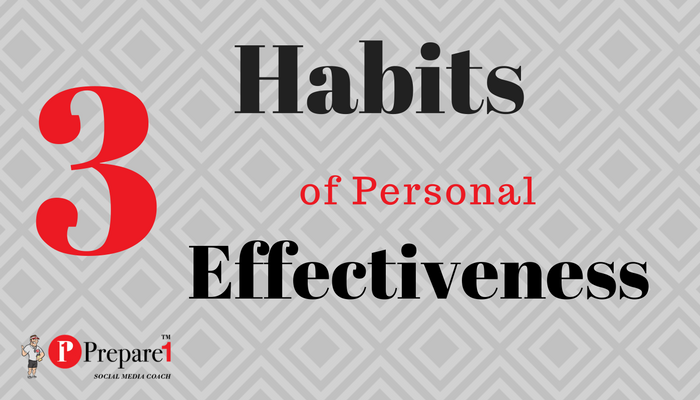
Think about the mood you are now in. Can you identify it?
What are you feeling?
How would you describe your present mental state?
“The man who succeeds above his fellows is the one who early in life clearly discerns his object, and towards that object habitually directs his powers.” – (Edward George Bulwer-Lytton)
Abraham Maslow, the psychologist, once wrote, “The ultimate end of human life is to become everything you are capable of becoming.” Your purpose should be to fulfill your potential as a human being and to accomplish every goal that you can possibly set for yourself. Your aim should be to get the very most out of yourself in every area of your life.
There are some people who accomplish an extraordinary amount with their lives, as opposed to the great majority who accomplish very little. These peak performers or self-actualizers seem to earn more money, have better families, friends and relationships, enjoy higher levels of health and energy, achieve much higher levels of success, esteem and prestige in their fields, and live longer, happier lives than the average.
This should be your goal as well.
1. BE PROACTIVE
” I know of no more encouraging fact than the unquestionable ability of man to elevate his life by conscious endeavor.” – Henry David Thoreau
The most basic habit of a highly effective person in any environment, the habit of proactivity.
It means that as human beings, we are responsible for our own lives. Our behavior is a function of our decisions, not our conditions!
Highly proactive people recognize that responsibility is key and a choice. They do not blame:
- Circumstances
- Conditions
- or conditioning for their behavior
Their behavior is a product of their own conscious choice, based on values, rather than a product of their conditions, based on feeling.
Reactive people are often affected by their physical environment. If the weather is good, they feel good. If it isn’t it affects their attitude and their performance.
Reactive People
Are affected by their social environment, by the “social weather.”
When people treat them well, they feel well, when people don’t, they become defensive or protective. Reactive people build their emotional lives around the behavior of others, empowering the weaknesses of other people to control them.
Reactive people are driven by feelings, by circumstances, by conditions, by their environment.
Proactive People
Driven by values, carefully thought about, selected and internalized values.
Proactive people are still influenced by external stimuli, whether physical, social, or psychological. However, their response to the stimuli, conscious or unconscious, is a value-based choice or response.
It’s not what happens to us, but our response to what happens to us that hurts us.
We are responsible for our own effectiveness, for our own happiness, and ultimately I would say, for most of our circumstances. Knowing that we are responsible is fundamental to effectiveness and to every other habit of effectiveness.
2. PRIORITIZE FIRST THINGS FIRST
Question 1: What one thing could you do (you aren’t doing now) that if you did on a regular basis, would make a tremendous difference in your personal life?
Question 2: What one thing in your business or professional life would bring about similar results?
Habit says…You’re the creator, You are in charge.
- Imagination
- Conscience
- Independent will
- Self Awareness
“Things which matter most must never be at the mercy of things which matter least.” – Goethe
Organize and Execute around Priorities
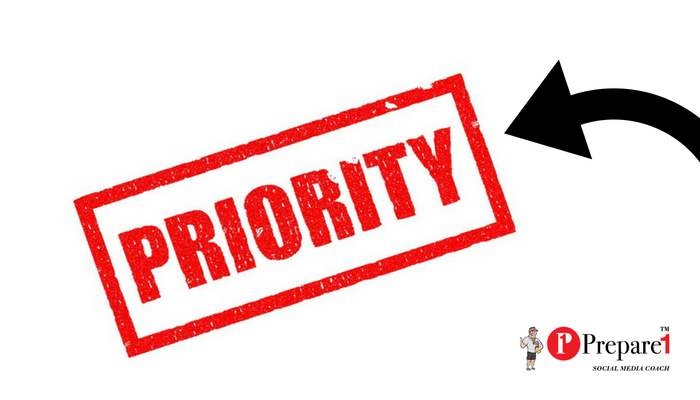
Urgent
Urgent matters are usually visible. They press on us; they insist we take action They’re usually right in front of us. They are popular with others.
Often they are pleasant, easy, fun to do,. But so often they are unimportant!
Important
Importance, on the other hand has to do with results. If something is important, it contributes to your mission, your values, your high priority goals.
We react to urgent matters. Important matters that are not urgent require more initiative, more proactivity.
We must act to seize opportunity, to make things happen. Effective people are not problem minded, they are opportunity minded. They feed opportunities and starve problems.
We say “yes” or “no” to things daily, usually many times a day.
Ask yourself this question: If you were to fault yourself in one of three areas, which would it be:
- The inability to prioritize.
- The inability or desire to organize around those priorities, or
- The lack of discipline to execute around them, to stay with your priorities and organization?
Not Important
Many people spend too much time with the unimportant.
Activities such as:
- Busy work
- Trivia
- Gossip
- Some meetings
- Pleasing activities
- Some email
- Some Social Media
These are usually not important nor urgent. Do they take you to where you want to go?
Perhaps the most important habit you can develop in personal effectiveness is the habit of asking,
“What is the most valuable use of my time, right now?”
There is always an answer to this question, for every minute and every hour. Your ability to accurately ask and answer this question is the key to high performance, maximum productivity, personal effectiveness and great success.
3. PRACTICE THE PARETO PRINCIPLE
The Pareto Principle is very simple, yet very important. It is named after Italian economist Vilfredo Pareto, who, in 1906, found that 80% of the land in Italy was owned by 20% of the population.
What was most important about Pareto’s finding was that this 80/20 distribution occurs extremely frequently. For example, in general, 20% of your customers represent 80% of your sales. And 20% of your time produces 80% of your results. And so on.
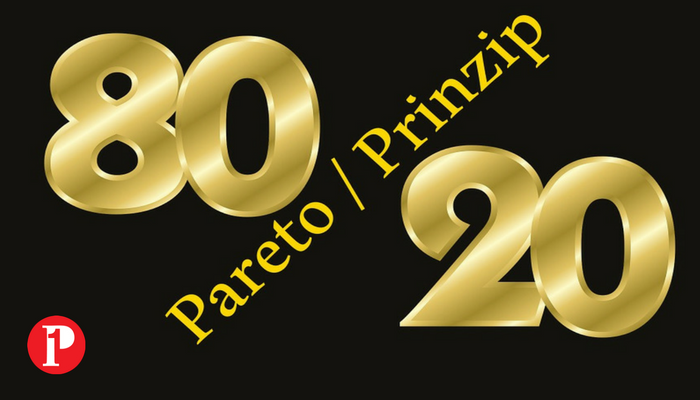
The Pareto Principle, or “80/20 Rule” as it is frequently called today, is an incredible tool for growing your business. For instance, if you can figure out which 20% of your time produces 80% of your business’ results, you can spend more time on those activities and less time on others. Likewise, by identifying the characteristics of the top 20% of your customers (who represent 80% of your sales), you can find more customers like them and dramatically grow your sales and profits.
Develop the habit of applying the 80/20 Rule to everything you do.
In any list of ten items, two of those items will be worth all the others put together.
Make a habit of applying the 80/20 Rule to every part of your business and personal life. Keep focused on doing the 20% of items or tasks that are worth several times the value of the other tasks, but which take the same amount of time.
Most people allocate their time across the number of items they have to do. But highly productive people allocate their times based on the value of each task or activity.
You should do the same.
About Blair

Blair Evan Ball is a Social Media Coach and founder of Prepare1, a company that works with businesses, individuals and non-profits. He is a former executive with a Fortune 50 company, and his national division did $1Billion+ in sales annually.
Blair has written three e-books: Facebook for Business Made Easy, Facebook Pages for Business Made Easy, and WordPress Blog Setup Made Easy.
Blair also educates, trains entrepreneurs and business professionals how to amplify their brand, increase revenues, and raise more funds.
![[Study] How Will Businesses Change Their Social Media Activities 5 Golden Rules for Sharing on Social Media](https://www.prepare1.com/wp-content/uploads/2014/03/COACH-logohat-162x300.jpg) The Race is ON! |PREPARE | Get into the Game and WIN!
The Race is ON! |PREPARE | Get into the Game and WIN!
{ 0 comments }

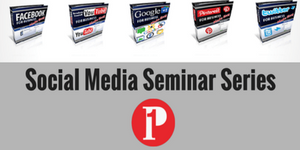



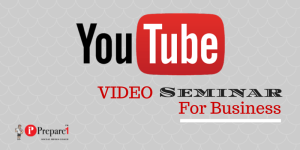
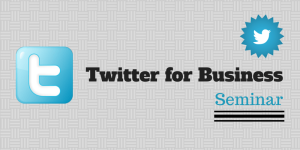
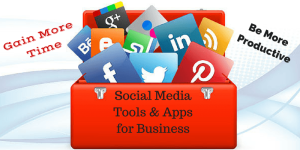
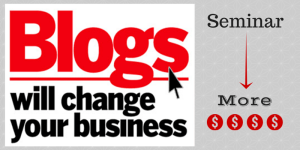


Comments on this entry are closed.
{ 6 trackbacks }